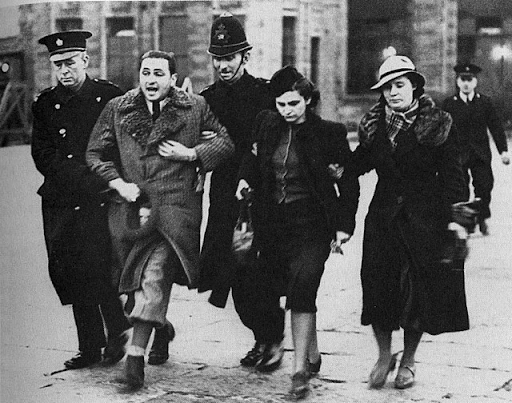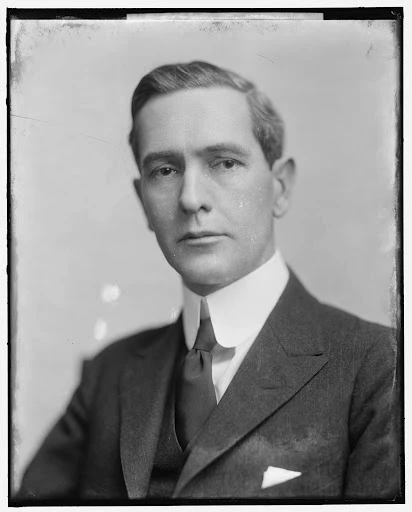From its inception, the Soviet Union became the first state in the world to actively attempt to eliminate religion from society.…
Persecution of the Kurds: The Documents of Saddam’s Secret Police
The Kurds have had a long and troubled history in Iraq. Under Saddam Hussein tens of thousands of Kurds were…
Maryland
Contributions by Marylanders in the Foreign Service People born, raised, or educated in Maryland have made important contributions to America’s…
Afghanistan Project – P. Michael McKinley
Ambassador P. Michael McKinley Excerpt from Foreign Affairs Oral History Project Interviewed by: Robin Matthewman Initial interview date: November 1,…

The Lost Sense of Belonging: An Attempt to Fit in
Becoming a refugee often involves losing more than just one’s home country. Perhaps one of the most important is the…

State Department Response to the Holocaust—Jewish Refugees and Attempts to Enter the United States during WWII
In 1938, in the shadow of the Great Depression came rumblings from Europe of a great war and with it…
Through Peace and Prosperity: An Armenian-American finds the American Dream
“Give me your tired, your poor, your huddled masses yearning to breathe free.” This line from “The New Colossus,” by…
The collapse of Zaire at the end of the First Congo War 1997
In the aftermath of the 1994 Rwandan genocide, ethnic Hutu refugees — including génocidaires — who had crossed into East Zaire to escape persecution from the new Tutsi government carried out attacks against ethnic Tutsis from both Zaire (now the Democratic Republic of the Congo) and Rwandan refugees. The Zairian government was unable to control the ethnic Hutu marauders, and indeed lent them some support as allies against the new, Tutsi-led Rwandan government. In response, the Tutsis in Zaire joined a revolutionary coalition headed by Laurent-Désiré Kabila. Kabila’s aim was to overthrow Zaire’s one-party authoritarian government run by Mobutu Sese Seko since 1965. With Kabila’s forces on the march, Zaire was soon engulfed in conflict. These hostilities, which took place from 1996-1997, are known as the “First Congo War” and lead to the creation of Zaire’s successor state The Democratic Republic of Congo. The United States, who had supported Mobutu until the end of the Cold War, recognized how potentially dangerous the situation was as Kabila gained control of most of the country and advanced rapidly towards the capital city of Kinshasa. In 1997, the United States sent a small group of diplomats to broker negotiations and attempt to come to a peaceful agreement between Mobutu and Kabila.
The Rise to Power of the Butcher of Uganda
Idi Amin Dada, who came to be known as the “Butcher of Uganda,” rose to officer rank in the Ugandan…
Resolving the Czechoslovak Gold Dispute
As the Third Reich annexed the Sudetenland and Poland and the German war machine pushed through the Eastern Front towards…
